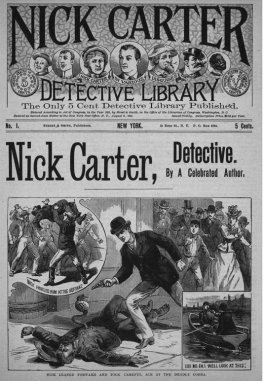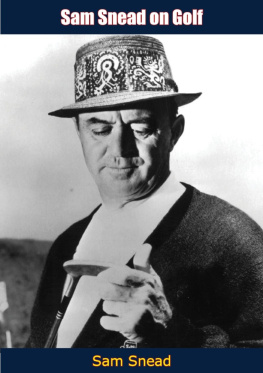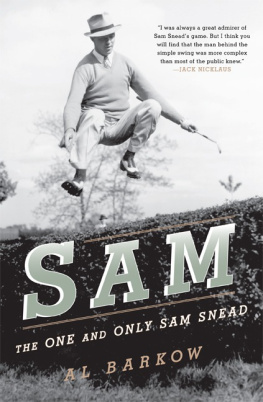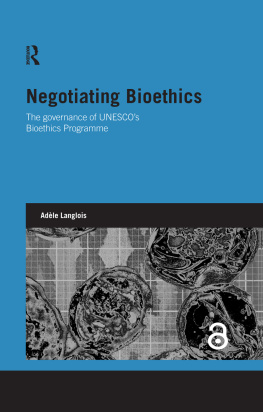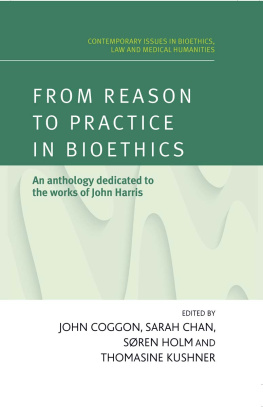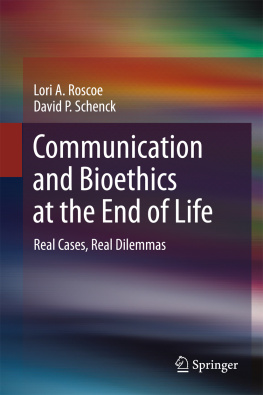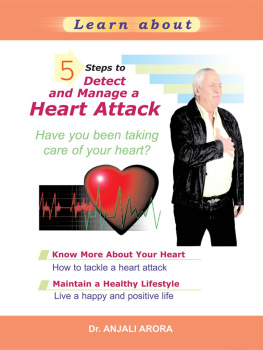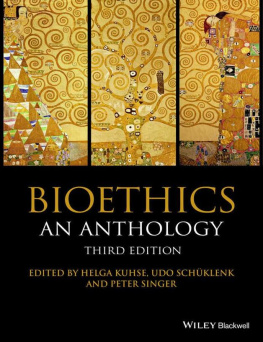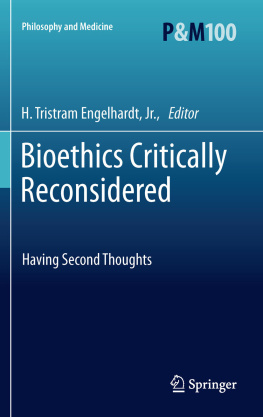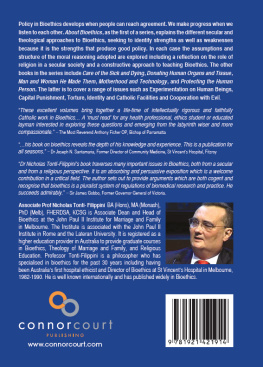O. Carter Snead - The Case for the Body in Public Bioethics
Here you can read online O. Carter Snead - The Case for the Body in Public Bioethics full text of the book (entire story) in english for free. Download pdf and epub, get meaning, cover and reviews about this ebook. publisher: Harvard University Press, genre: Romance novel. Description of the work, (preface) as well as reviews are available. Best literature library LitArk.com created for fans of good reading and offers a wide selection of genres:
Romance novel
Science fiction
Adventure
Detective
Science
History
Home and family
Prose
Art
Politics
Computer
Non-fiction
Religion
Business
Children
Humor
Choose a favorite category and find really read worthwhile books. Enjoy immersion in the world of imagination, feel the emotions of the characters or learn something new for yourself, make an fascinating discovery.

- Book:The Case for the Body in Public Bioethics
- Author:
- Publisher:Harvard University Press
- Genre:
- Rating:3 / 5
- Favourites:Add to favourites
- Your mark:
- 60
- 1
- 2
- 3
- 4
- 5
The Case for the Body in Public Bioethics: summary, description and annotation
We offer to read an annotation, description, summary or preface (depends on what the author of the book "The Case for the Body in Public Bioethics" wrote himself). If you haven't found the necessary information about the book — write in the comments, we will try to find it.
The Case for the Body in Public Bioethics — read online for free the complete book (whole text) full work
Below is the text of the book, divided by pages. System saving the place of the last page read, allows you to conveniently read the book "The Case for the Body in Public Bioethics" online for free, without having to search again every time where you left off. Put a bookmark, and you can go to the page where you finished reading at any time.
Font size:
Interval:
Bookmark:
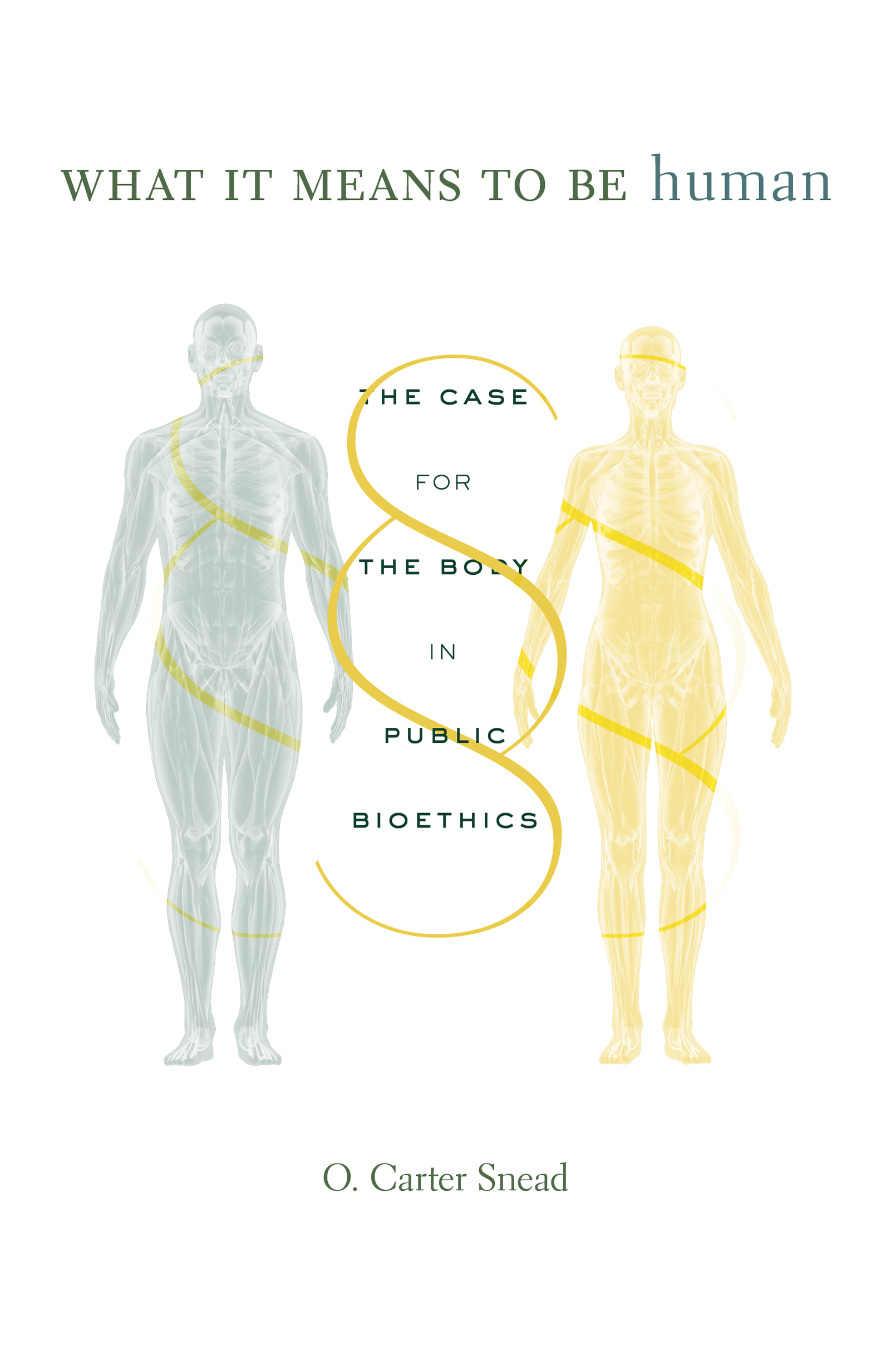
WHAT IT MEANS TO BE
human
E CASE FOR THE BODYIN PUBLIC BIOETHICS
O. Carter Snead

Cambridge, Massachusetts London, England
2020
Copyright 2020 by the President and Fellows of Harvard College
All rights reserved
Jacket design: Lisa Roberts
Jacket illustration: Leonello Calvetti/Science Photo Library
978-0-674-98772-2 (cloth)
978-0-674-25077-2 (EPUB)
978-0-674-25078-9 (MOBI)
978-0-674-25079-6 (PDF)
The Library of Congress has cataloged the printed edition as follows:
Names: Snead, O. Carter, author.
Title: What it means to be human : the case for the body in public bioethics / O. Carter Snead.
Identifiers: LCCN 2020011111
Subjects: LCSH: Human bodyLaw and legislationUnited States. | BioethicsUnited States. | AbortionLaw and legislationUnited States. | Human reproductive technologyLaw and legislationUnited States. | Terminal careLaw and legislationUnited States. | Human experimentation in medicineLaw and legislationUnited States. |Medical laws and legislationUnited States.
Classification: LCC KF390.5.H85 S64 2020 | DDC 174.20973dc23
LC record available at https://lccn.loc.gov/2020011111
for Leigh
I n America, law and policy are made through often messy processes of discourse, deliberation, and democratic forms of decision-making. This entails grappling with contested matters of deep importance, including competing and divergent visions of how we should live and what we owe to one another. This is certainly the case for public bioethicsthe governance of science, medicine, and biotechnology in the name of ethical goods.
In our public bioethics discourse, contending sides frequently invoke abstract principles or rely on premises that do not reflect the full complexity of lived reality. This, in turn, leads to the adoption of laws and policies that fail to address the full range of human needs, often to the severe detriment of the weakest and most vulnerable. But what if we could create an alternative governing vision that stems from a shared foundational understanding of human experience and identity? What if the law and policy of American public bioethics accurately reflected our lived experience, shared values, hopes, fears, and needs? What if there was a new way of governing ourselves on matters touching the most intimate and defining issues facing humankind? This book aims to offer such a new path forward for public bioethics, rooted in what it means to be and flourish as a human being, in light of what and who we really are.
Public bioethics is fundamentally concerned with human vulnerability, dependence, frailty, and finitude. It is about procreation, pregnancy, babies, wasting illness, devastating injury, desperate enrollees in clinical trials, fearful patients, the disabled, the elderly, the dying, and the dead. Public bioethics is uniquely complex and complicated, dealing with novel and powerful scientific techniques, clinical practices, and biotechnologies applied in service of health and wholenessconcepts that are both elusive and disputed. Public bioethics is a realm of strong and often bitter disagreement, touching as it does on intimate and essential matters such as the meaning of parenthood, obligations to children and our elders, the claims of the sick and disabled, our freedom, our flourishing, our very conception of self, as well as the boundaries of the moral and legal community. It involves literal life and death issues such as the core vital conflicts over the law governing abortion, assisted reproductive technology, and end of life care. And there are set dichotomies of conservative versus liberal and secular versus religious that bring us even further from agreement or a shared understanding. How, then, should we seek to govern ourselves in this complex, contested, and vital domain?
To govern ourselves wisely and humanely, we must start at the beginning, namely, the normative foundation for law and policy in this area. We must begin with what it means to be human.
This book will argue that the current law concerning the core vital conflicts of American public bioethics is grounded in a gravely incomplete and thus false vision of human identity and flourishing. It is a vision that defines the human being fundamentally as an atomized and solitary will. It equates human flourishing solely with the capacity to formulate and pursue future plans of ones own invention. By contrast, the law in this domain views the natural world and even the human body itself as merely inchoate matter to be harnessed and remade in service of such projects of the will.
But human beings do not live as mere atomized wills and there is more to life than self-invention and the unencumbered pursuit of a destiny of our own devising. The truth is that persons are embodied beings, with all the natural limits and great gifts this entails. We experience our world, ourselves, and one another as living (and dying) bodies. Because we are bodies, vulnerability, mutual dependence, and natural limits are inextricable features of our lived human reality. And, for reasons that will be explored below, our embodiment situates us in a particular relationship to one another, from which emerge obligations to come to the aid of vulnerable others, including especially the disabled, the elderly, and children. But because the law governing several of the core vital conflicts of American public bioethics rests on a vision of human identity and flourishing that does not consider embodiment as essential to its account of the person, it fails to recognize these obligations, and leaves the weakest and most vulnerable members of the human community invisible and unprotected.
As is true for all areas of law and policy, if public bioethics is to effectively protect and promote the flourishing of human beings, it must be rooted in a conception of human identity that corresponds to embodied, lived reality. Public bioethics must therefore be grounded in the whole truth of who we are and how we stand in relation to one another as vulnerable, mutually dependent, finite, and embodied beings.
Accordingly, this book will reframe and resituate three principal contemporary issues of public bioethics within what will be termed an anthropological paradigm. Law and public policy are irreducibly normative, aiming at goods to be pursued and promoted, as well as harms to be avoided or remediated. Despite efforts to avoid appeals to comprehensive visions of the good in policy debates and lawmaking, all legislative, regulatory, and judicial authorities, along with the public and academic discourse that ground and sustain them, unavoidably rely on contested but mostly undeclared visions of what it means to be and thrive as a human being. This is, a fortiori, true of public bioethics. For this reason, the first task at hand is to subject the core disputes of American public bioethics to a searching, inductive anthropological analysis that will uncover, illuminate, and critique the conception of human identity and flourishing that underwrites current law and policy.
To understand why a new framework is needed and how it might be integrated into law and policy, we must first explore the history and practicalities of American public
Font size:
Interval:
Bookmark:
Similar books «The Case for the Body in Public Bioethics»
Look at similar books to The Case for the Body in Public Bioethics. We have selected literature similar in name and meaning in the hope of providing readers with more options to find new, interesting, not yet read works.
Discussion, reviews of the book The Case for the Body in Public Bioethics and just readers' own opinions. Leave your comments, write what you think about the work, its meaning or the main characters. Specify what exactly you liked and what you didn't like, and why you think so.

